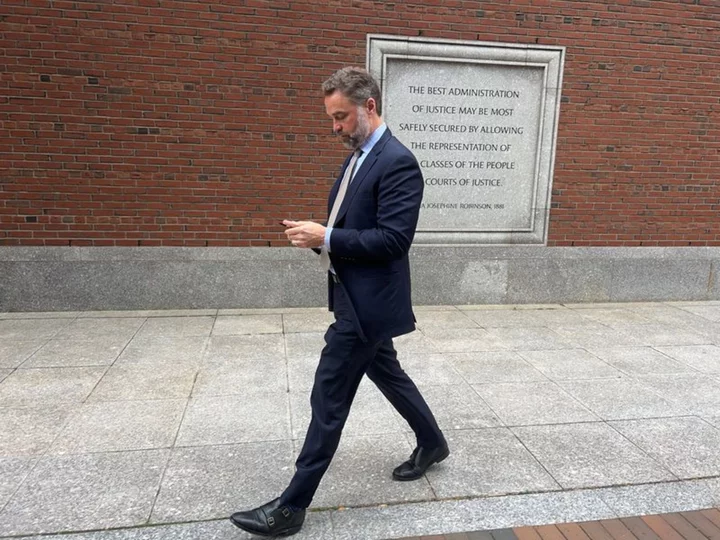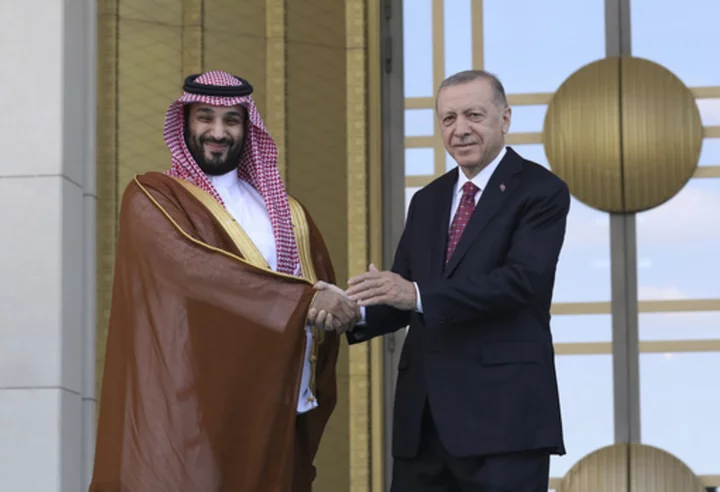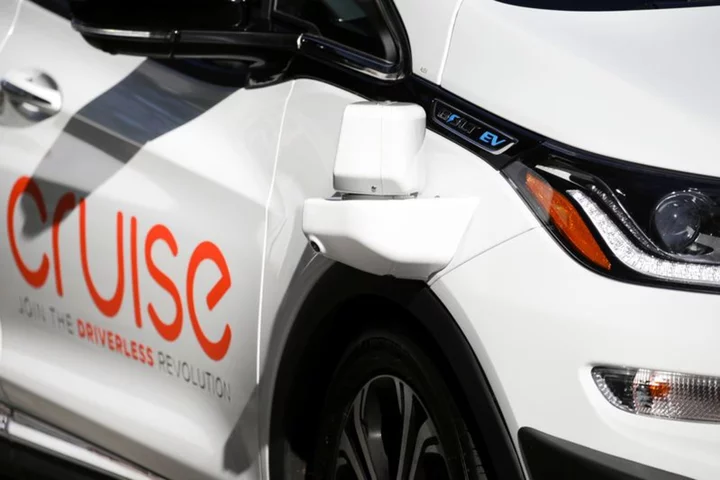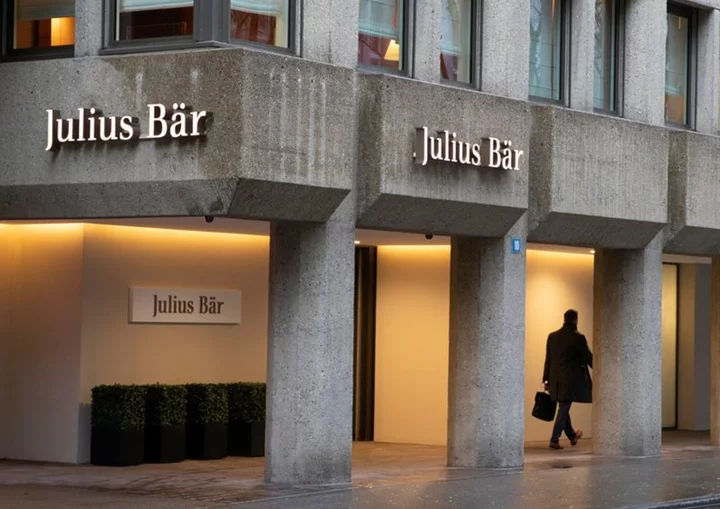By Nate Raymond
BOSTON The CEO of Spirit Airlines on Wednesday defended in court the planned $3.8 billion acquisition of his company by JetBlue Airways as a means to create a viable competitor to the four larger airlines that dominate the U.S. skies.
Ted Christie, Spirit's chief executive officer, during the second day of trial in the U.S. Department of Justice's lawsuit challenging the merger testified that his ultra-low-cost airline remained "relatively insignificant" despite years of growth.
From a witness stand in Boston federal court, Christie testified that Spirit had recognized since 2016 that it would need to combine with a rival if it was ever to effectively compete with the four large airlines that dominate 80% of the U.S. domestic market.
"What we're really trying to do its establish a fifth viable competitor," he said, in response to questions from a lawyer for Spirit, Jay Cohen.
He said Spirit, which has not turned a profit in three years, had just around 3% of the market and was facing "more effective" competition from those larger airlines - United Airlines, American Airlines, Delta Air Lines and Southwest Airlines - in the aftermath of the COVID-19 pandemic.
While a merger with JetBlue was not what Spirit originally pitched to shareholders last year - it had favored a since-scrapped combination with Frontier Group Holdings - Christie said combining with JetBlue was a far superior path to continuing as a stand-alone business.
Christie is the first witness in a trial before U.S. District Judge William Young in an antitrust lawsuit the Justice Department filed in March that argues a combined airline would harm discount consumers by increasing fares and reducing flight options.
The Justice Department, along with Democratic state attorneys general from six states and the District of Columbia, say passengers would suffer roughly $1 billion in net harm annually if the no-frills, low-cost Spirit is absorbed into JetBlue.
Christie testified that throughout the negotiations for the deal in 2022, Spirit had been concerned how regulators would view a merger with JetBlue, as the Justice Department had already sued JetBlue to challenge a planned Northeast partnership with American Airlines.
Another federal judge in Boston later found in May that alliance violated U.S. antitrust law. JetBlue subsequently decided to terminate the alliance.
Christie said ultimately JetBlue eased Spirit's concerns after agreeing to sell off Spirit's gates and slots at certain airports in New York City, Boston, Newark and Fort Lauderdale in hopes of easing antitrust regulators' concerns.
"These are valuable assets they've agreed to pledge," he said.
(Reporting by Nate Raymond in Boston, Editing by Alexia Garamfalvi and Nick Zieminski)









